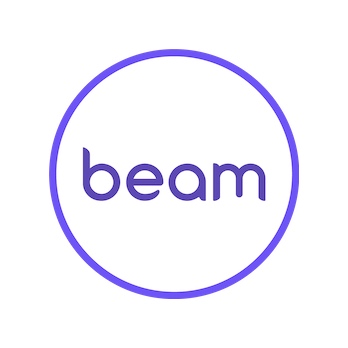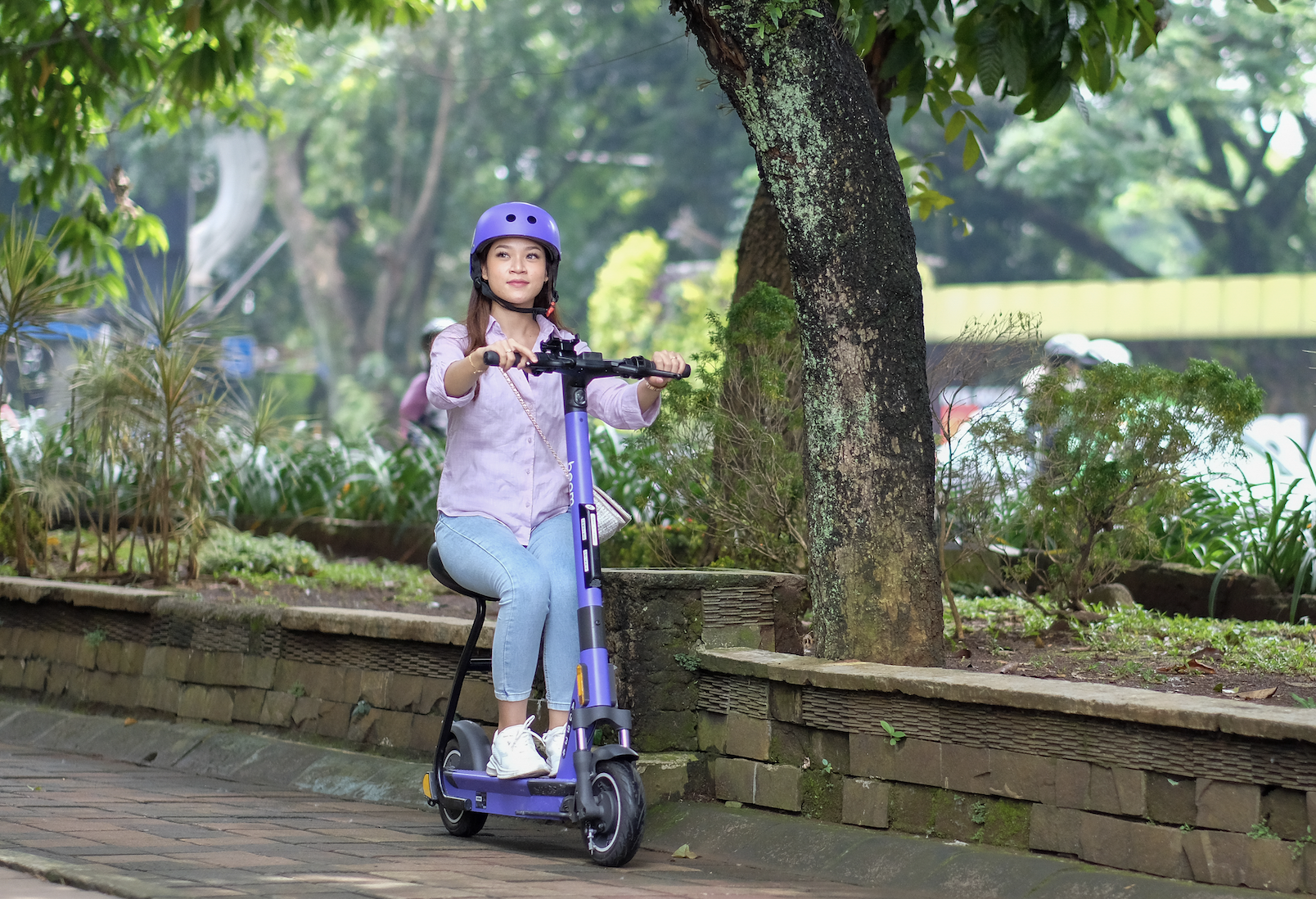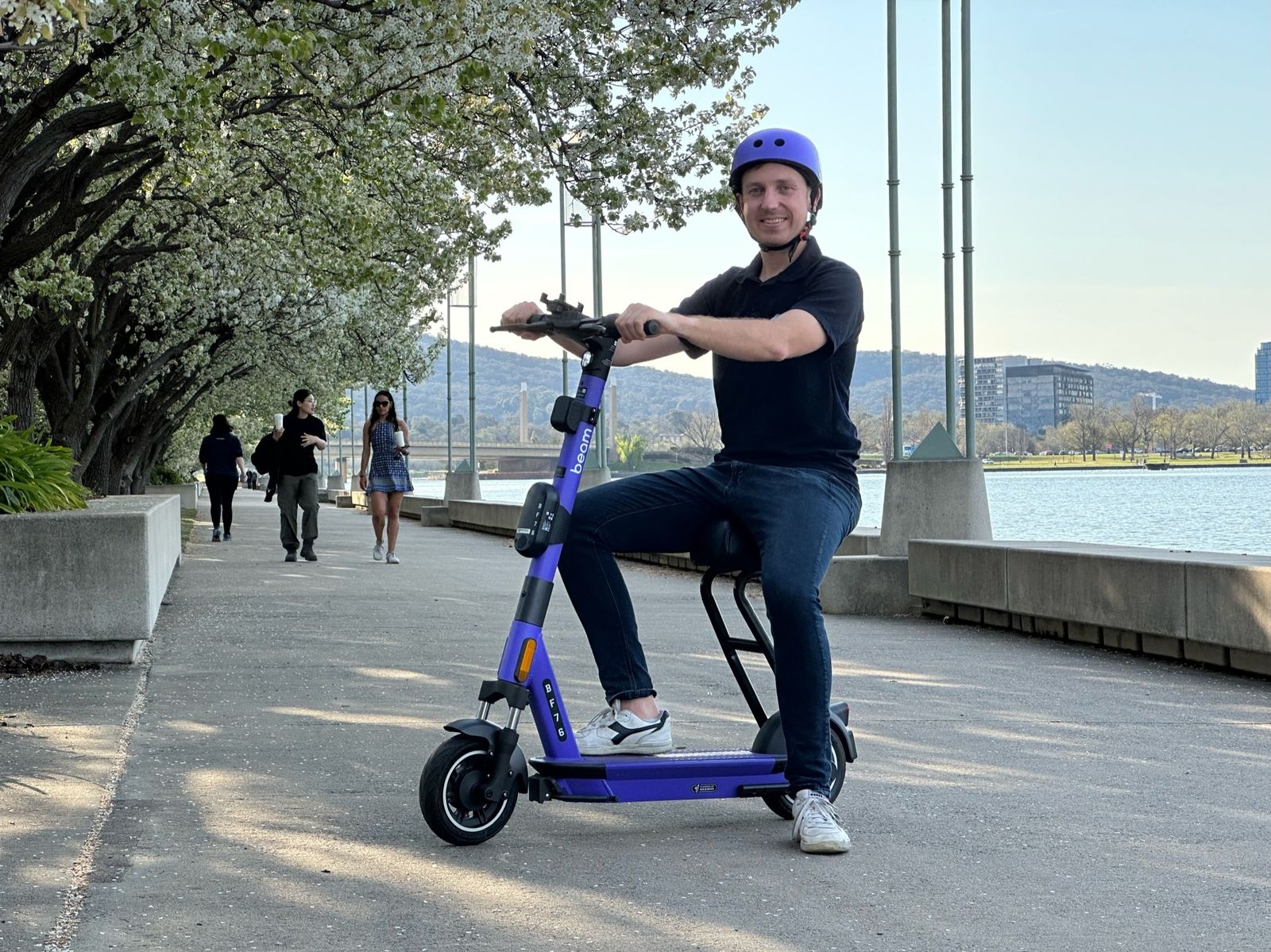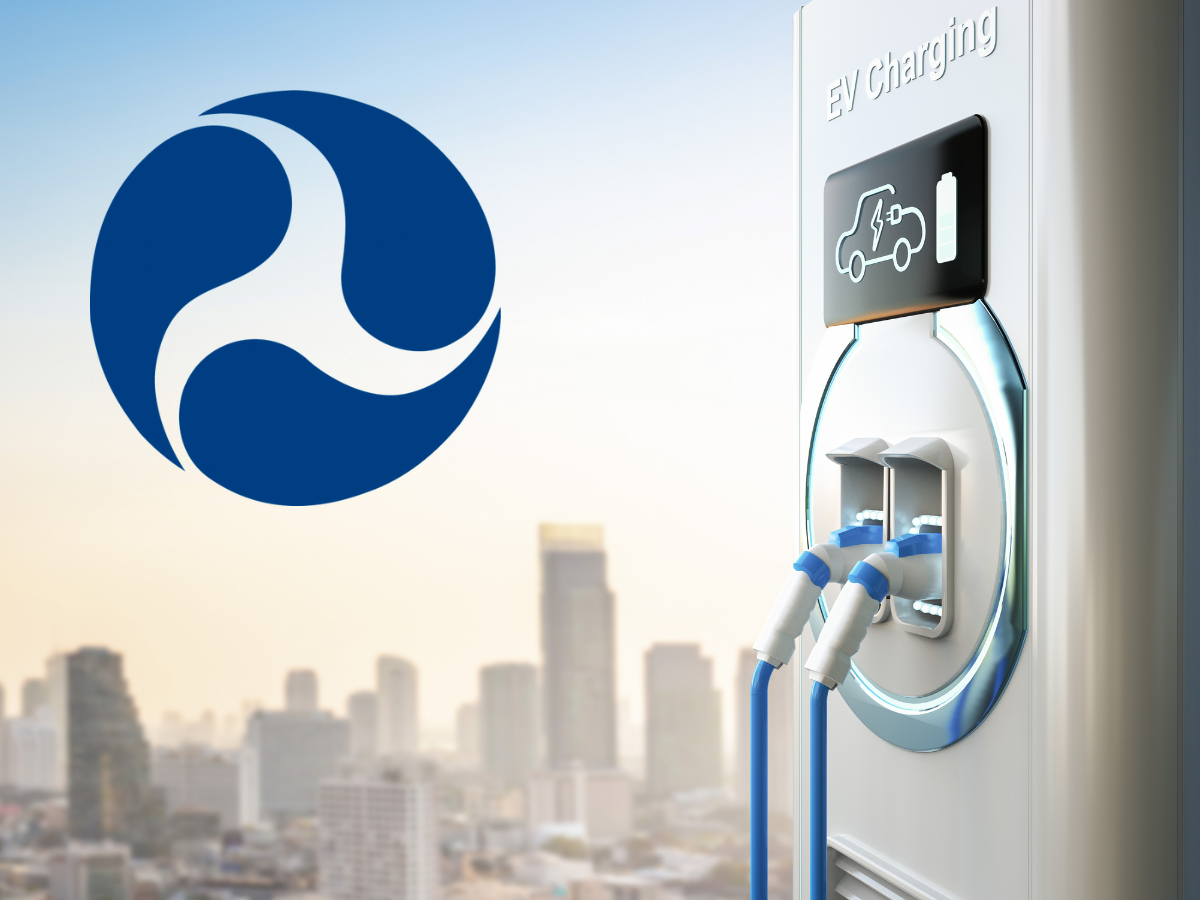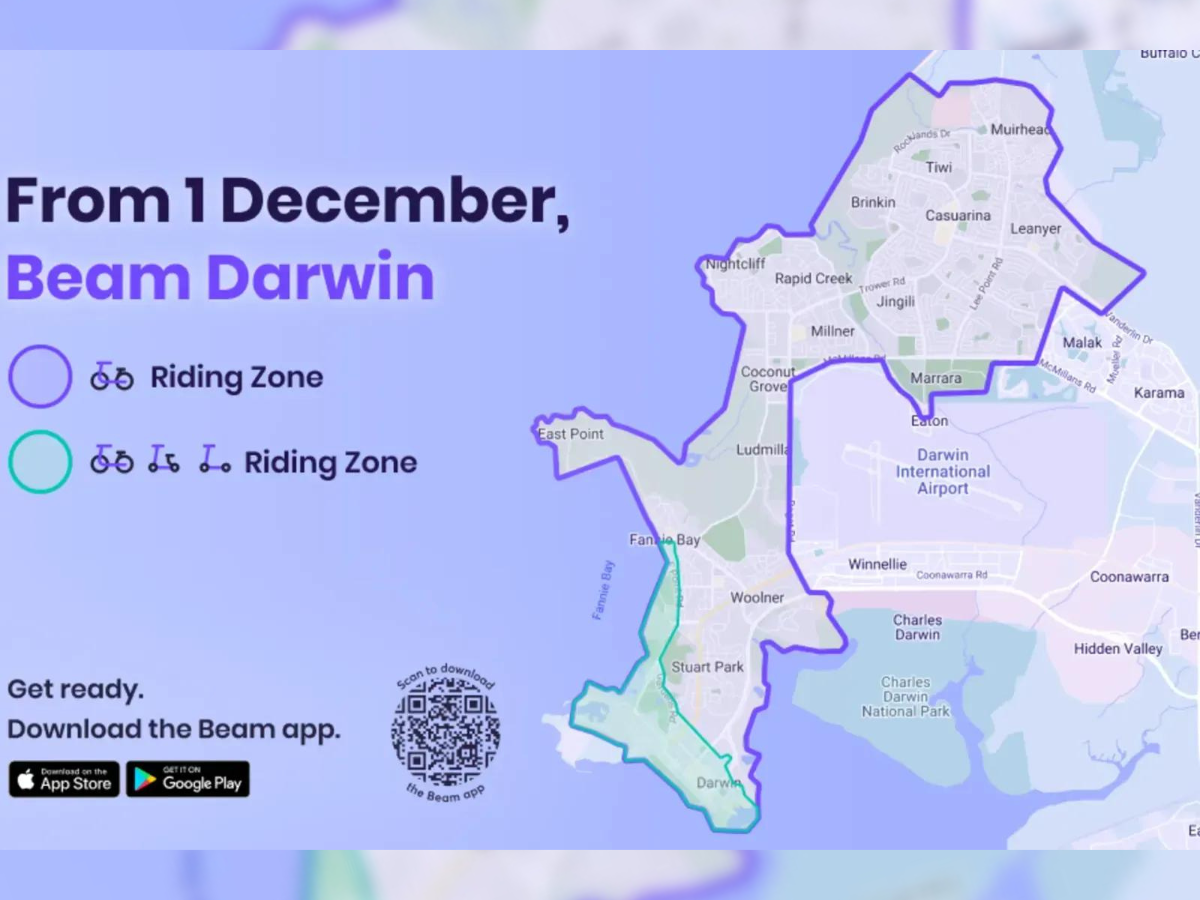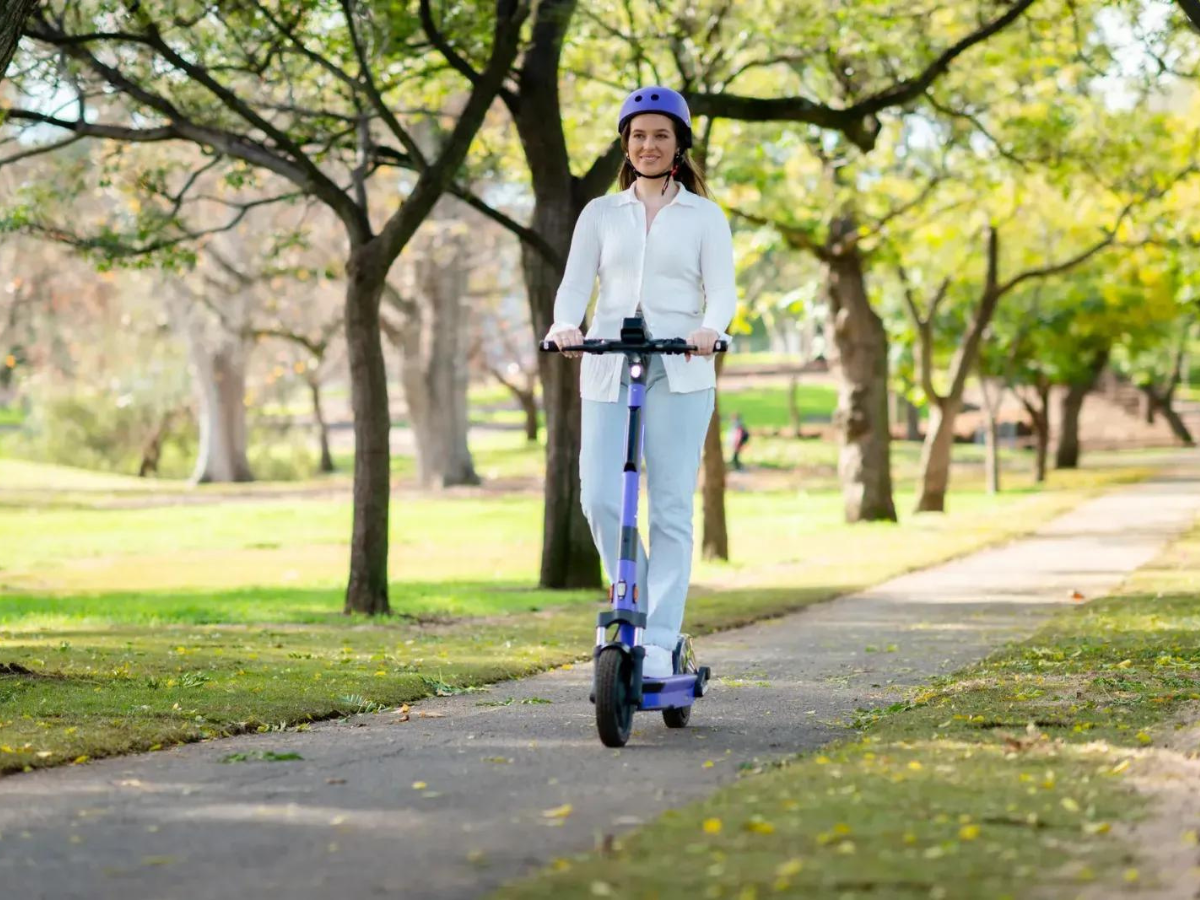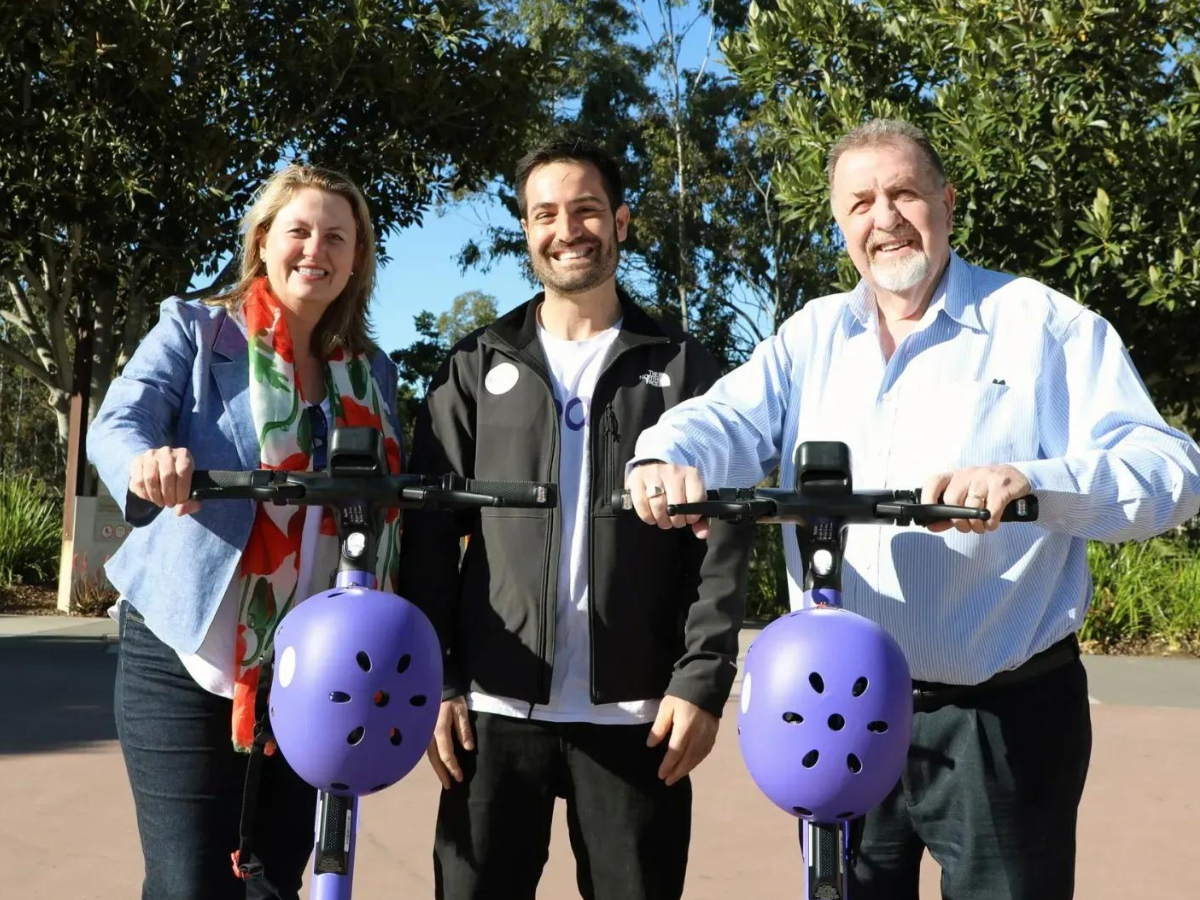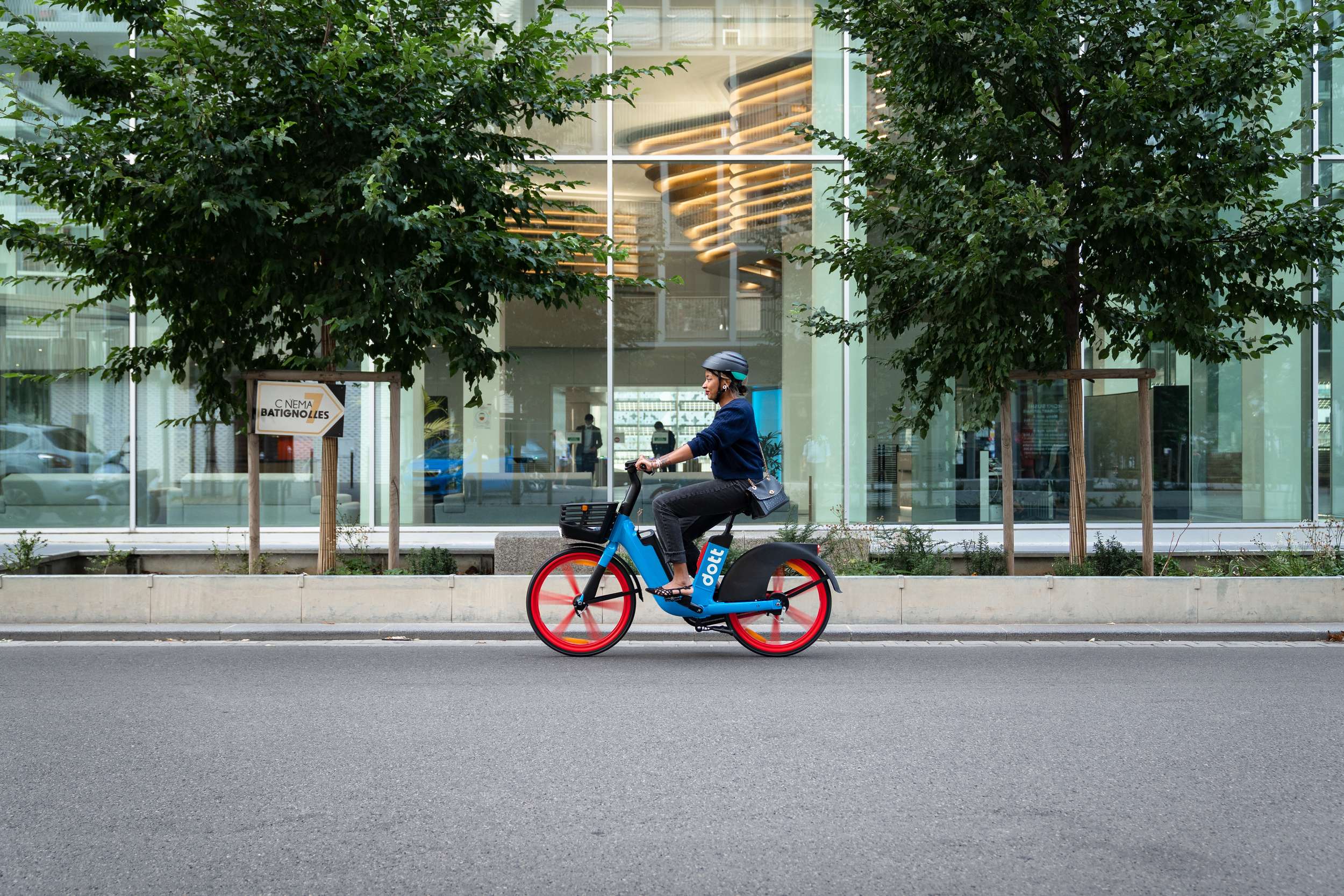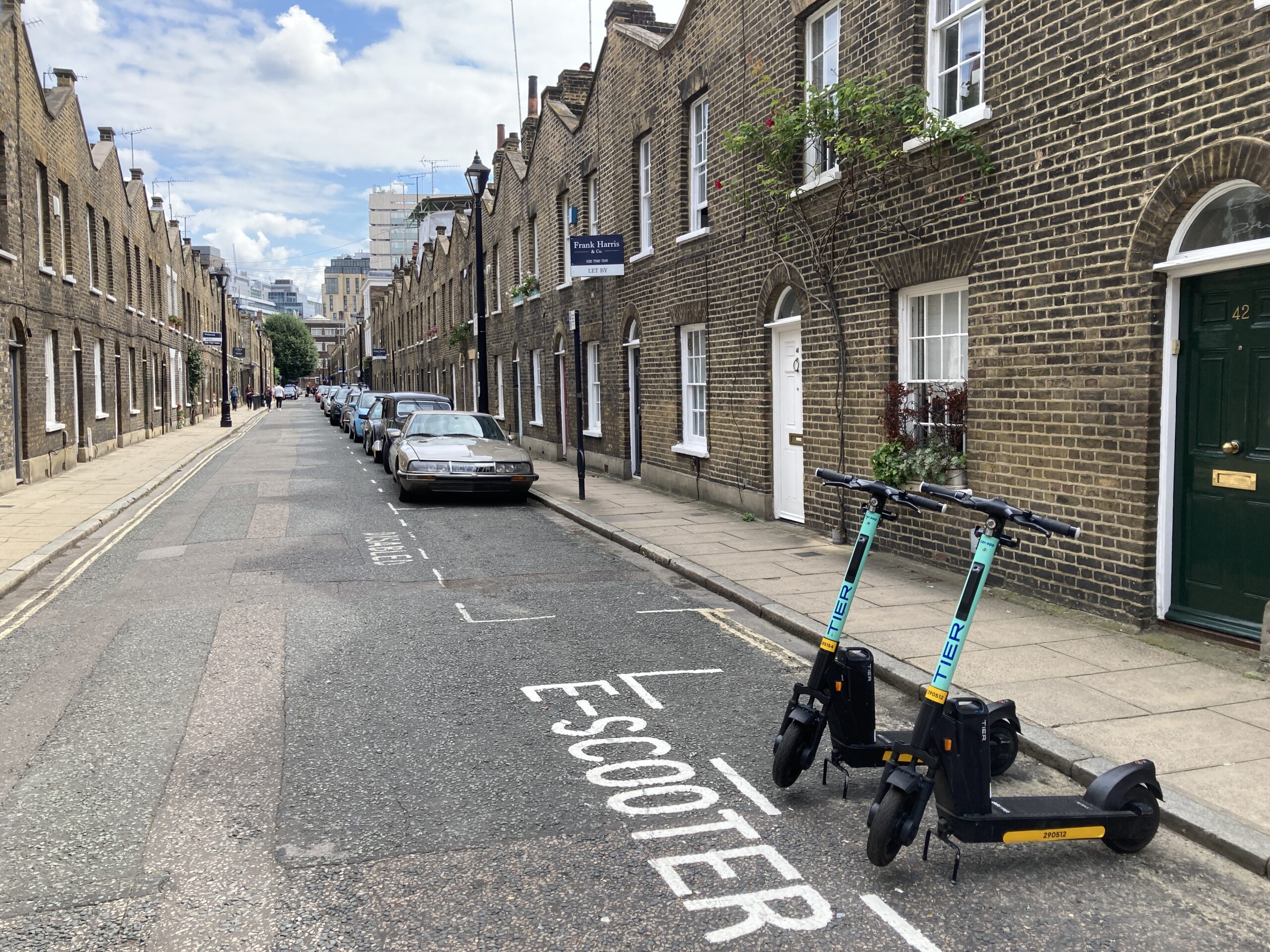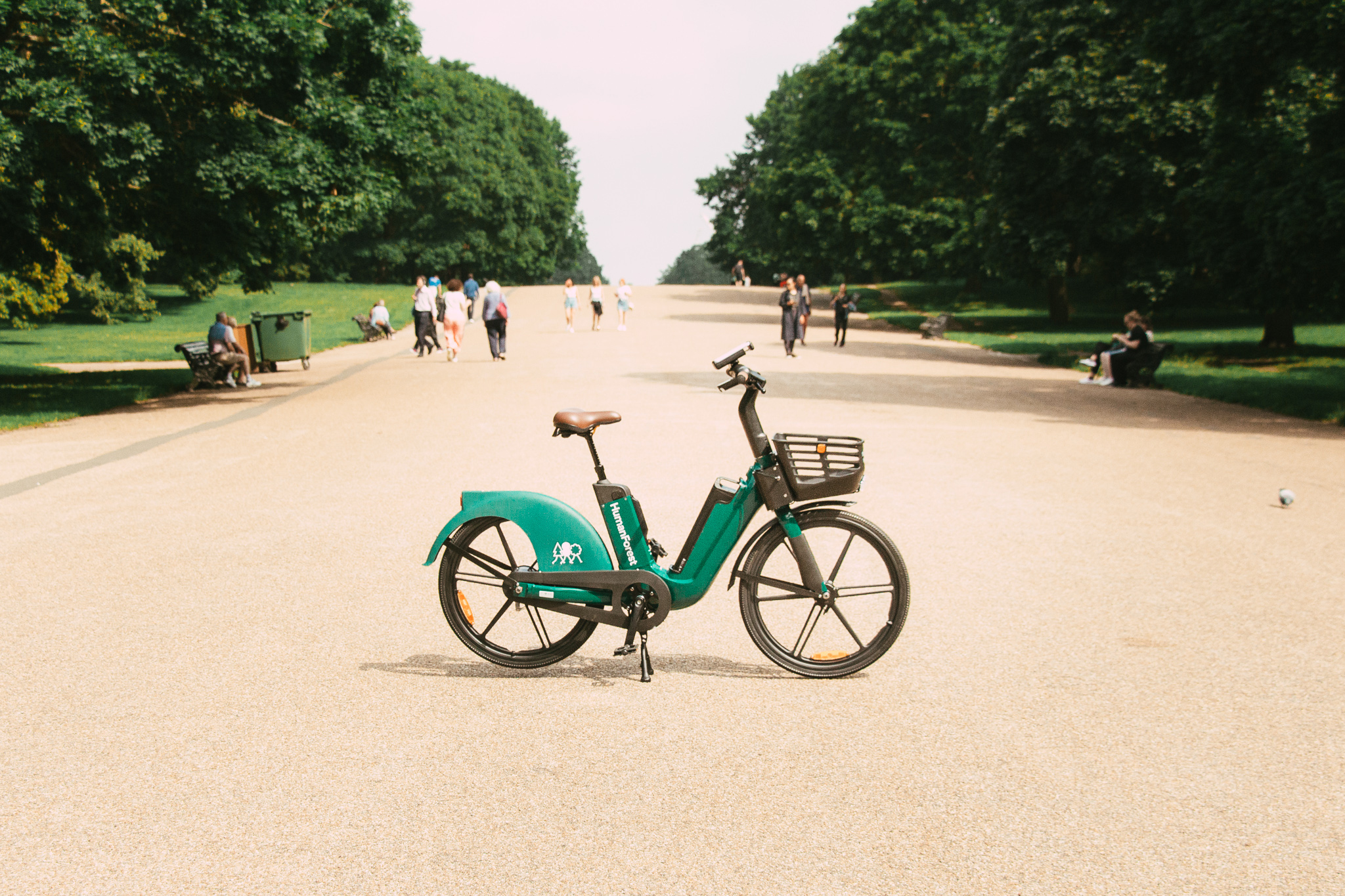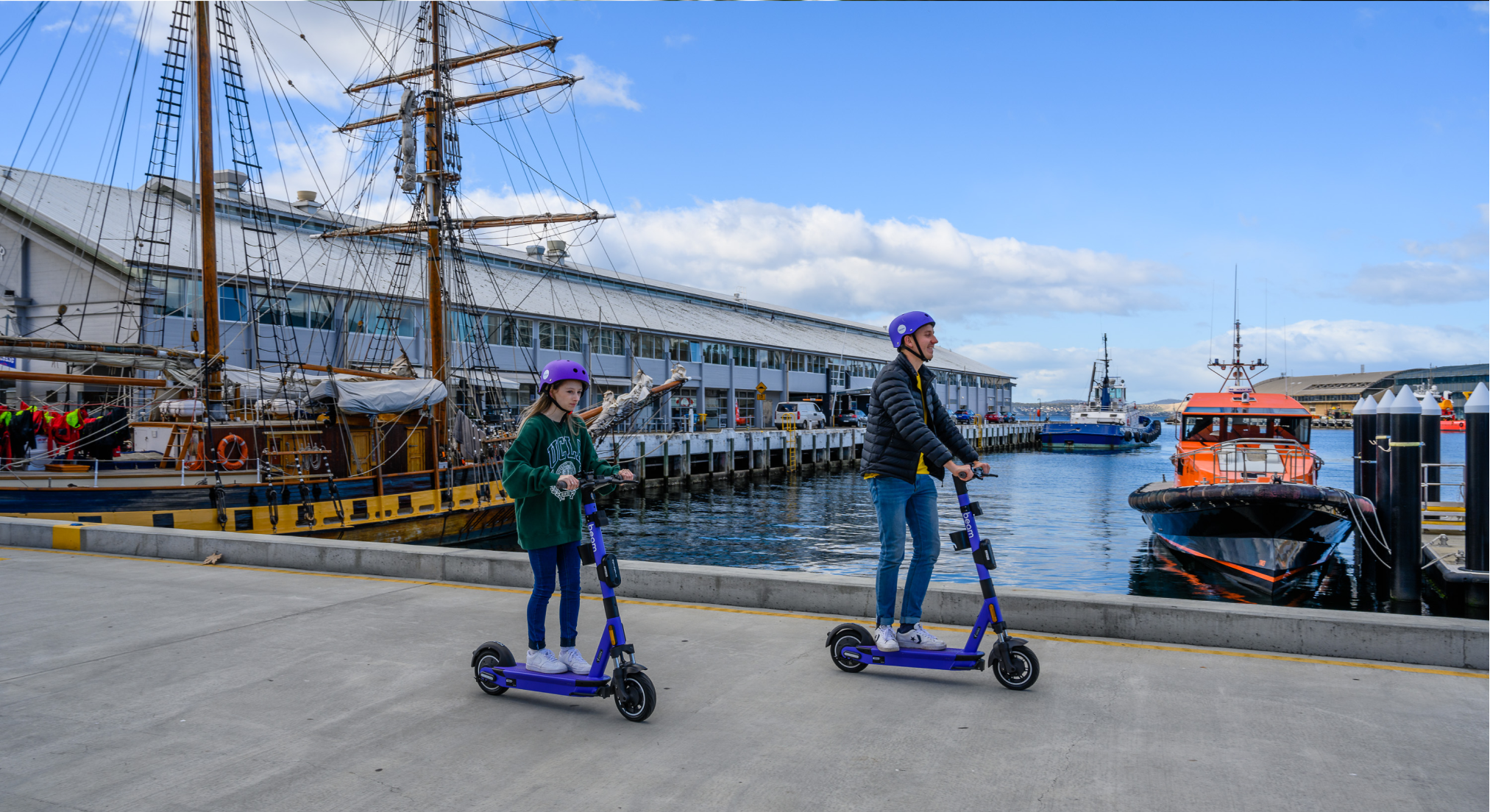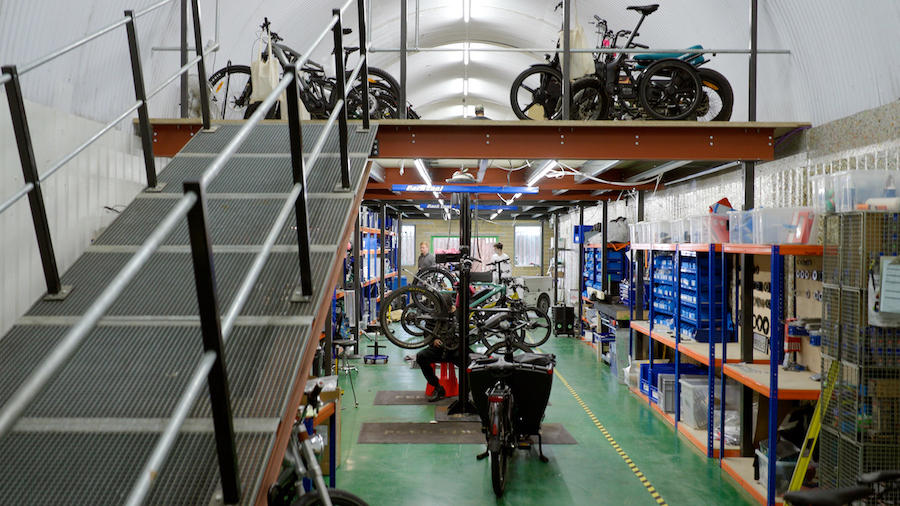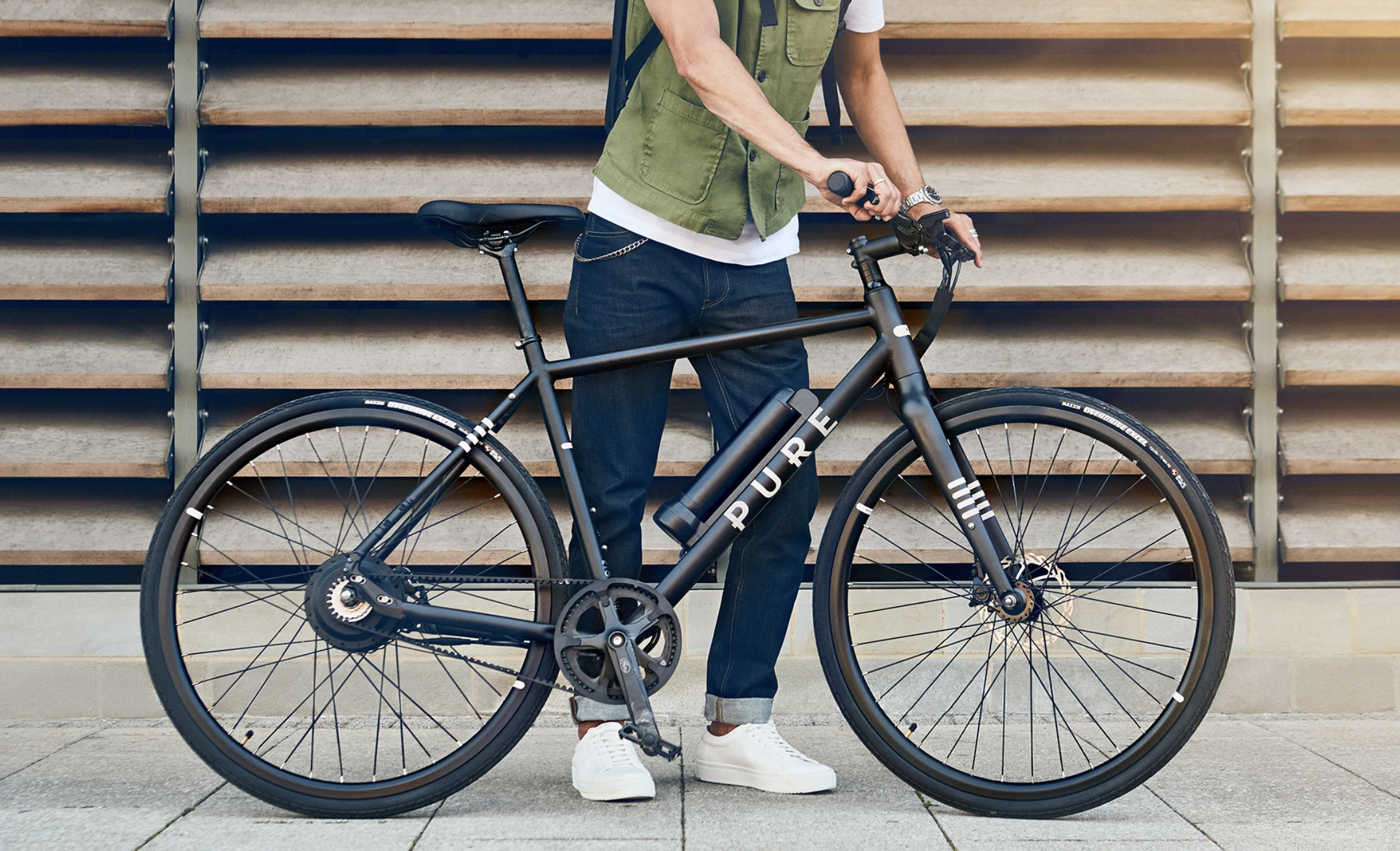Beam for Business: The Way to Expand the Sharing Economy within Our Community
Beam Mobility, as a sustainable micro-mobility operator working in the frontier of industrial evolution, is pursuing the expansion of the sharing economy in the community, which will lead us to achieve more community-oriented values; collaborative consumption and efficient allocation of resources.
To accomplish our community goals, Beam mobility has launched two projects: Beam for Campus & Beam for Business. From the beginning of those projects, Beam has been endeavouring to proceed with these missions in the belief that we could contribute to the progress of finding social values within the sharing economy, beyond the discount price policy.
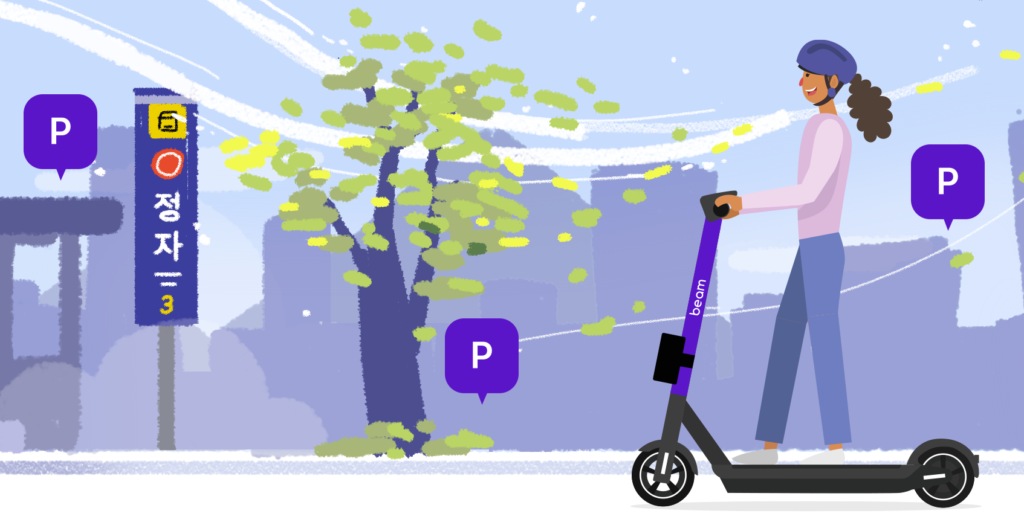
Our project (BfB; Beam for Business) is aiming for supporting SMEs and startups, the future stars, run by the Korean younger generation, through a partnership with shared workspaces. To do so, Beam Mobility will provide a monthly package at a discounted price and a designated parking spot to the companies occupying our partner shared workspaces. Moreover, it encourages the seamless transformation to more sustainable mobility options from traditional and carbon-emissive counterparts in their commuting time. To the commuters, struggling to reach the bus stops and subway stations, the shared e-scooters, which don’t have to find the pole to lock it up, will be the perfect “First-Last Mile” mobility option in Seoul, a large city with heavy traffic.
To discuss the expansion of the sharing economy, firstly, we need to think about what “sharing” means to us and what it will mean in the future. The concept of sharing something is not novel to us. In the past, our ancestors had to use limited resources efficiently for survival. As a consequence, the concept of sharing has been invented. In recent days, our societies are still keen to have efficiency in the community by sharing roads, parks etc. in the name of public goods. Let’s make a little more personal example. We all remember sharing toys to play with our brothers and sisters or friends when we were young. This personal sharing, we experienced, would not have pursued efficient resource allocation, but it would have been effective enough to protect our parents’ wallets. But still, we are not new to sharing something. These sharing experiences focused to achieve efficiency is a primary (one-dimensional) concept based on the logic of the market economy.
The “Sharing” of the sharing economy that Beam Mobility endeavours to expand through the BfB project implies more meaning than the one at the market economy level. The difference has been made in that this concept proposed by Lawrence Lessig does not limit the boundary of sharing to simply exchange activities based on the value of goods, but creates intangible values such as humanitarian bonds or the common good. Apart from Beam’s mission statement of supplying next-generation sustainable means of transportation that can replace cars on the road, Beam Mobility is also striving to contribute to various aspects of our society with its services. In particular, we are trying to replace the vacancy of public transportation infrastructure through operation in areas located in blind spots of the infrastructure in the Metropolitan areas; and provincial cities with relatively fewer options.
We are dreaming of a future developing the brand together with MZ generation (Millennials+Gen. Z) customers by supporting them with new mobility options and various projects, who have a long way to go to subway stations or bus stops from university campuses and offices where public transportation is not operated. In other words, Beam mobility’s “sharing” generates its social value by providing and supporting new means of transportation to young people in our society. And we believe that producing these social values through sharing economy businesses will be a common goal for all shared companies and a process of forming a “sharing economy ecosystem” beyond the market economy.
Shared workplaces are also contributing to these social movements as a stakeholder of the sharing economy. In addition, it has been growing with the dreams of the young generation by playing a role in supporting workspaces for companies that need space to elaborate their dreams but difficult to have their own offices. On this understanding, the partnership between Beam mobility; shared e-scooter operators, and shared workspaces is of greater value. Furthermore, Beam Mobility has shown its efforts to expand the sharing economy through partnerships in various fields and has further tried to convey the social benefits that arise from it to users and the public.
As one of these examples, we joined hands with the Busan Transportation Corporation (BTC) to develop transportation infrastructure in the city by strengthening the connection between shared mobility and existing public transportation. Through the partnership, both entities aimed to enhance the convenience of passengers by supporting Busan citizens’ transfer to major transportation infrastructure (bus stops/subway/train stations) and expand Busan’s infrastructure through connection with e-scooters. Accordingly, Beam Mobility provided coupons to citizens who purchased regular tickets for Busan Metro and promoted shared e-scooters and etiquette via using various spaces in subway stations. By doing so, BTC was able to introduce sustainable means of transportation, which is well-proven to be a next-generation mobility option, to Busan citizens, and Beam Mobility was allowed to expand the shared mobility market by increasing connectivity with public transportation; and contribute to establishing a more orderly shared e-scooter culture.
Efforts are also being made to support the MZ generation. Beam Mobility endeavoured to expand the in-campus infrastructure for the use of shared e-scooters through MOUs with various student committees of Konkuk University, Hanyang University, and Gongju University Cheonan Campus. Based on the operation data of students, a recommended parking area has been designated in the areas with high demand where they can receive parking rewards, while a discounted rate system was applied to e-scooters that started driving on campus; so that students can travel on campus cheaper and faster. This series of projects and partnerships allowed Beam Mobility to contribute to the further adoption of the sharing economy into our societies; generate more social benefits through it. And we believe that by combining all these efforts and cooperating, we will be able to actualise a true “sharing economy” in our society that will outperform the market economy.
This article was originally published by Beam Mobility Holdings Pte. Ltd..


